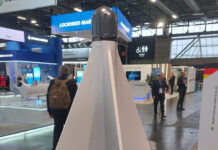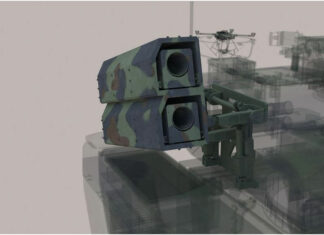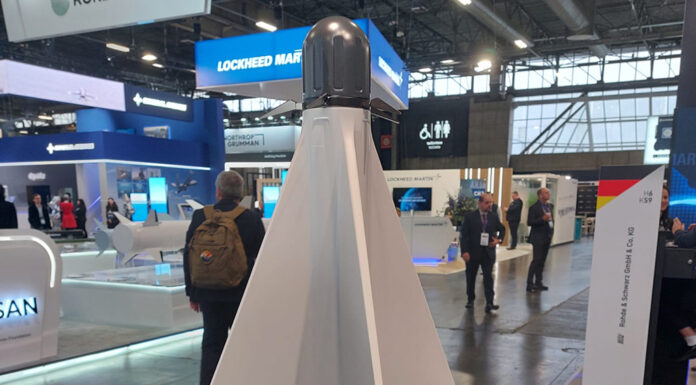In an effort to provide reasonable living conditions to over 100,000 troops in Afghanistan and Iraq, the Pentagon is spending over $20 billion a year on air conditioning. The amount reflects the gross investment in maintaining air conditioning at the front line, including the hardware, fuel, transportation, protection etc. “When you consider the cost to deliver the fuel to some of the most isolated places in the world — escorting, command and control, medevac support — when you throw all that infrastructure in, we’re talking over $20 billion,” retired brigadier general Steven Anderson, who served as Gen. David Patreaus’ chief logistician in Iraq, said on an interview on NPR.
To power an air conditioner at a remote outpost in land-locked Afghanistan, a gallon of fuel has to be shipped into Karachi, Pakistan, then driven 800 miles over 18 days to Afghanistan on roads that are sometimes little more than “improved goat trails,” Anderson says. “And you’ve got risks that are associated with moving the fuel almost every mile of the way.”
Anderson calculates more than 1,000 troops have died in fuel convoys, which remain prime targets for attack. Free-standing tents equipped with air conditioners in 125-degree heat require a lot of fuel. Anderson says by making those structures more efficient, the military could save lives and dollars.

Anderson advocates for increased energy efficiency for military structures in order to cut down on the need for long, dangerous fuel-transport missions. A few months ago, Anderson heard from a company commander in Afghanistan. “He literally has to stop his combat operations for two days every two weeks so he can go back and get his fuel.” Anderson said in the NPR interview, “And when he’s gone, the enemy knows he’s gone, and they go right back to where they were before. He has to start his counter-insurgency operations right back at square one.”
Anderson says experiments with polyurethane foam insulation for tents in Iraq cut energy use by 92 percent and took 11,000 fuel trucks off the road. But he adds there’s a lack of enthusiasm for a greener military among top commanders, who did not see the green agenda as an important factor that should further burden operational decisions. But Anderson claims that guidance for this policy should come from the top, and trickle through the command chain, rather than be imposed on the troops. “A simple policy signed by the secretary of defense – a one- or two-page memo, saying we will no longer build anything other than energy-efficient structures in Iraq and Afghanistan – would have a profound impact” Anderson concluded.
In February 2011 Gen. Anderson has joined the Relyant corporation as Senior Vice President, in charge for the company’s presence in Washington, D.C., managing the organization’s strategic planning and military business development. Relyant is a global provider of construction and insulation projects, life support, demining, logistics/procurement, security, and IT communications. It should be noted though that these additional costs are spent regardless of the volume of supplies sent over supply lines, as the convoys do not carry only fuel, but also food, ammunition, batteries, spare parts, building supplies etc. nevertheless, a green approach could significantly reduce volume, and costs and risk of such operations.
Editor’s note: As of 2020, Mr. Anderson is not associated with RELYANT Global, its parent company, or any subsidiaries in any capacity, financial or otherwise.




















